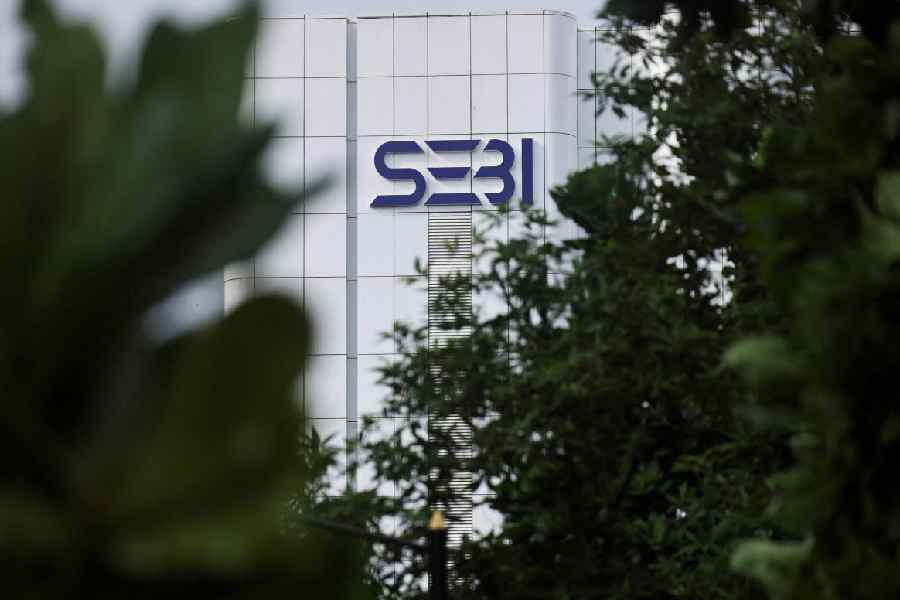Capital market regulator Sebi remains optimistic on the pace of public issues in the Indian capital market despite investor concerns over the US tariffs dampening market sentiment.
“Last year, on an average, we received 16 IPO applications per month, and I am only talking about mainboard IPOs. We were able to process about 13 applications per month. Approximately half of them have come out with their offer so far, because once we give approval, they have one year to enter the capital market. This means there are several prospectus which are cleared by Sebi, but companies are waiting for the right opportunity. So, that much appetite is already there,” Sebi whole-time member Kamlesh Chandra Varshney said on Tuesday.
Speaking at a session organised by Merchants Chamber of Commerce, Varshney said that the market regulator has received 31 applications for IPOs in July and has already processed 21 applications, which is the highest for any month.
“This month (August), we expect to clear 35-40 applications. We are hoping that whatever applications have been filed by June 30, 2025, they get cleared within two months,” he said.
Sebi’s estimates show that an amount of ₹4.3 lakh crore was raised from the primary market in FY25, and there is a pipeline of around ₹1.4 lakh crore going forward.
Realistic valuation
Amid the rising interest of retail investors in the equity market, Sebi has advised merchant bankers to prepare realistic valuations for flotations.
“There are concerns that some companies do high valuations and post listing, their price goes down. We at Sebi do not control the pricing aspect, which is determined by anchor investors and merchant bankers. Now, anchor investors also include mutual funds, which also get their money from retail investors. If mutual funds invest as anchor investors with high valuations, retail investors could lose money in the future. That is one aspect that we tell merchant bankers and anchor investors to be careful about and be realistic,” Varshney said.
Varshney further said that the market regulator’s recent proposal to relax minimum public offer requirements for very large companies, while also extending timelines to meet minimum public shareholding norms, is an example of “optimum regulation” balancing the needs of the market while protecting the investors.
Under the proposed rules, however, instead of adhering to a fixed high percentage, large issuers will have the flexibility to start with smaller IPOs and gradually meet shareholding requirements over a longer period.
A staggered approach would reduce the pressure of large-scale dilution immediately after listing. This anticipation of further dilution may impact the share prices, despite strong company fundamentals, and may adversely impact existing public shareholders.










